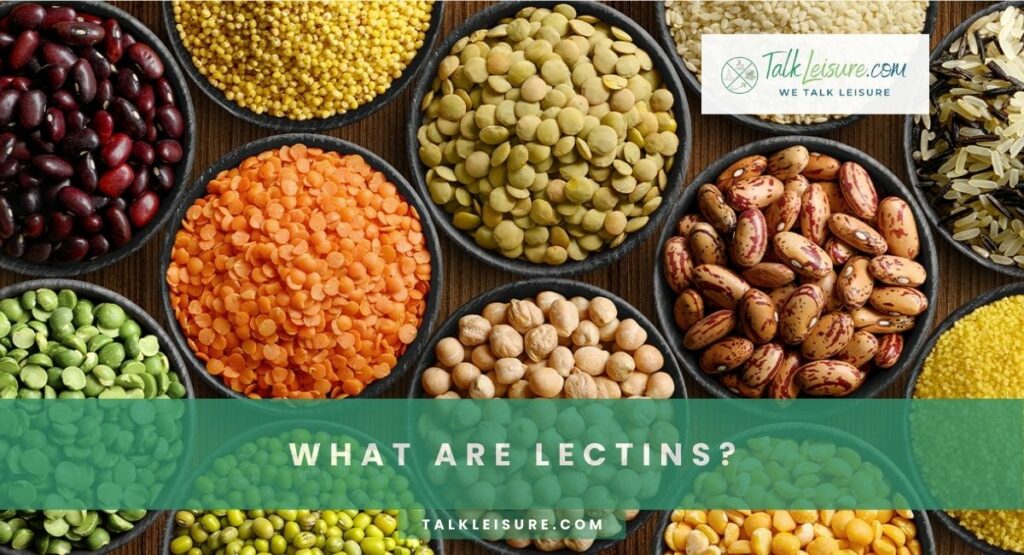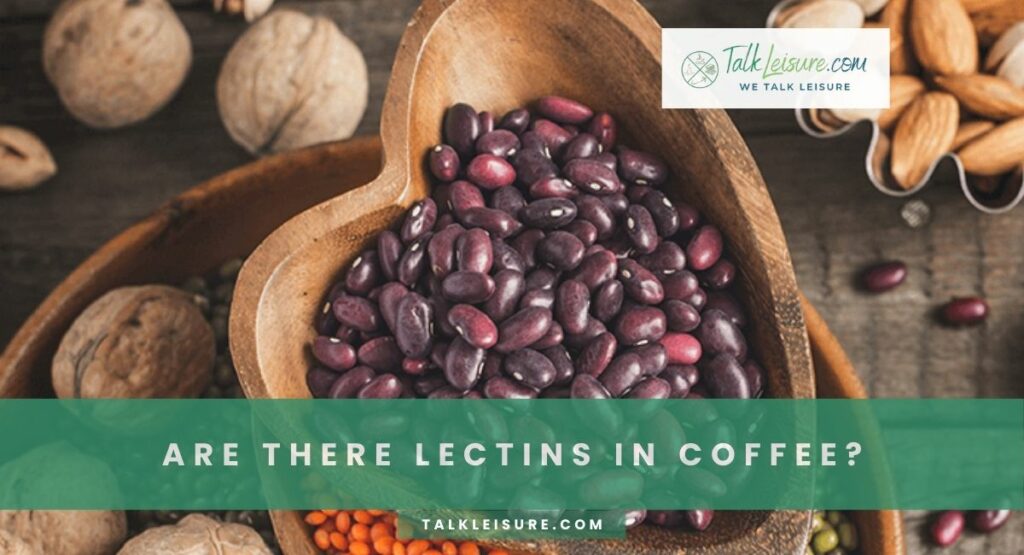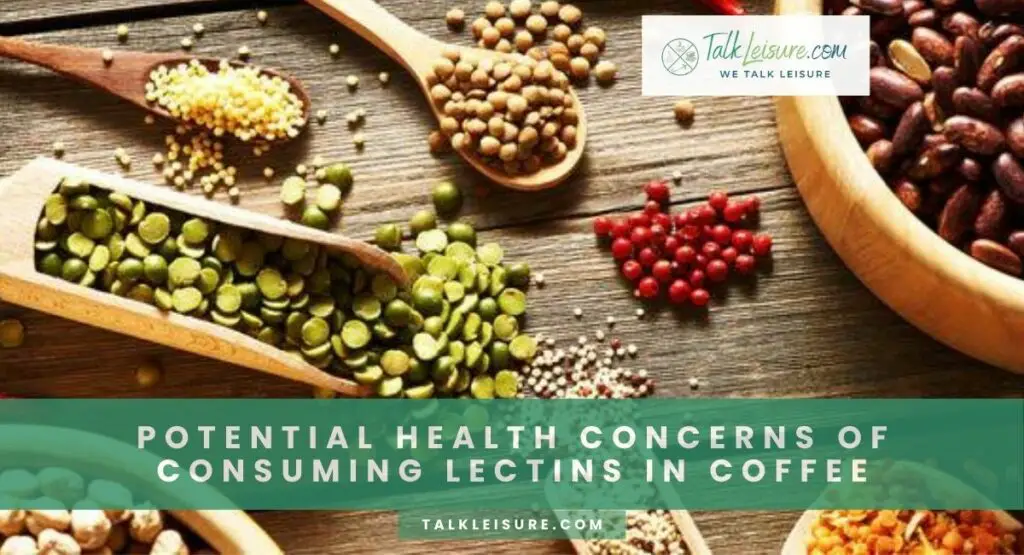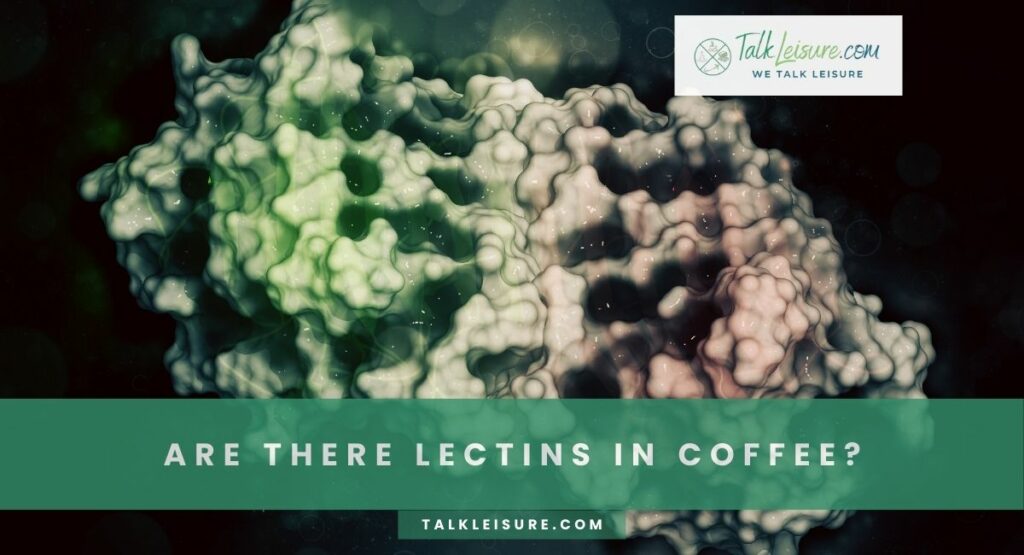One of the most consumed beverages in the world is coffee. Every day, millions of people consume it for its flavorful and stimulating qualities.
However, there is significant disagreement over the presence of lectins in coffee and their potential consequences regarding health.
The short answer is Yes, there is evidence of trace lectins. The amounts are minimal and unlikely to harm most people. Additionally, because they are often heat-sensitive, the lectins contained in coffee are denatured during roasting.
It’s crucial to remember that coffee also contains a number of other substances, including antioxidants and polyphenols, which have been researched for their potential health advantages.
These substances have been linked to several beneficial impacts on human health, including a decreased chance of contracting specific diseases.
Despite the possibility of trace lectin levels in coffee, these are typically negligible and won’t have a substantial impact on most people’s health.
When thinking about the possible effects of food components, it’s crucial to concentrate on the overall balance of your diet and lifestyle.
As usual, it’s essential to seek professional medical advice if you have any worries or certain dietary requirements.
What Are Lectins?

Proteins known as lectins are present in a variety of plant-based diets. They help protect plants from pests and diseases by acting as a natural defense system.
Lectin can occasionally make people sick if they consume them in big amounts or if they aren’t properly prepared or processed.
However, studies on how lectins affect human health are still in progress, and it is still unclear how much of a risk and benefit they might pose.
There are potential benefits and risks of lectins;
While some studies indicate that lectins may have potential health advantages, such as decreasing the risk of various chronic diseases, others have raised concerns about their potential negative consequences, such as inflammation, gastrointestinal issues, and damage to the gut lining.
It is crucial to remember that the overall effect of lectins on human health depends on several variables, including a person’s sensitivity to lectins and their dietary preferences.
Are There Lectins In Coffee?

Coffee is frequently drunk all over the world and is well known for its energizing properties because it contains caffeine.
Even though coffee beans do contain some lectins, the amounts are typically regarded as being minimal.
The lectin concentration of the finished product may be decreased as a result of the roasting process that coffee beans go through.
However, more investigation is required to establish the precise quantity and significance of lectins in coffee.
According to a study published in the Journal of Agricultural and Food Chemistry, it was found that the process of roasting coffee beans considerably reduces the number of lectins present in coffee beans.
According to the findings of the study, the possible hazards connected with lectins in the diet appear to be minor, and the consumption of coffee is generally regarded as safe.
However, it is essential to keep in mind that individual sensitivity to lectins can vary, and some people might feel gastrointestinal discomfort or other symptoms after ingesting lectin-rich foods like coffee.
This is something that should be taken into consideration.
Potential Health Concerns Of Consuming Lectins In Coffee

When consumed in high numbers or not adequately processed, lectins have the potential to cause inflammation, digestive difficulties, and damage to the lining of the gut.
However, it is essential to keep in mind that the vast majority of research on lectins has been carried out using animal models or in vitro; hence, additional research is required to completely comprehend how their actions manifest in the human body.
Even though the level of lectins in coffee is generally believed to be quite low, those who are aware of their sensitivity or allergy to lectins may wish to go wrong on the side of caution and cut back on the amount of coffee they drink.
If you have any special concerns with lectins or any other components of your diet, it is best to check with a healthcare practitioner and always pay attention to what your body is telling you to do.
When it comes to leading a healthy lifestyle, remember that moderation and keeping a good balance are the keys to success.
Lectin Content In Different Coffee Types

Lectin levels in regular coffee- Lectins are a naturally occurring component of roasted coffee beans, which are used to make regular coffee.
On the other hand, the levels of lectins that are found in normal coffee are typically rather low and are not a cause for concern for the vast majority of people.
Because the roasting process helps lower the lectin level, drinking normal coffee without worrying about lectin-related concerns is completely safe.
Additionally, because lectins are not very soluble in water, the brewing process further reduces the quantity of lectins present in the finished product.
Lectin levels in decaffeinated coffee- Extra processing is used to decaffeinated coffee in order to eliminate the majority of the caffeine it originally contained.
The procedure of decaffeinating coffee may also result in a decrease in the quantity of lectins present in the beverage. However, it is essential to keep in mind that the precise lectin content of decaffeinated coffee might differ from one brand of decaffeinated coffee to another and from one processing method to another.
If you have any concerns, you should always check the product label or get in touch with the manufacturer to get information on the lectin content of the product.
Coffee beans do, in fact, contain lectins; however, the amounts of these lectins are typically rather low and are not a reason for concern in either ordinary or decaffeinated coffee.
If you have dietary limitations or sensitivities, it is always better to speak with a healthcare expert or nutritionist for tailored advice.
They will be able to help you find the best method to accommodate your needs.
Lectin Reduction Methods In Coffee
During the roasting and brewing of coffee, there are ways to lower the levels of lectins that are present.
The wet processing technique, which is also known as the washed processing technique, is one of the most popular methods.
By fermenting the coffee beans in water, the outer cherry pulp can be removed from the coffee beans, leaving only the bean itself.
Enzymes contribute to the degradation of certain lectins that occur during fermentation, which effectively lowers the quantities of those lectins.
This technique is most frequently utilized for the processing of arabica coffee beans, which are distinguished by a more subdued flavor profile.
Dry processing, sometimes referred to as natural processing, is yet another approach that can be utilized. This technique entails drying the coffee cherries while preserving the pulp inside of them.
This technique does not significantly reduce the quantities of lectin found in coffee beans; nonetheless, it may result in a flavor profile that is more complex and fruitier.
Coffee beans that have been through the wet processing procedure are the best option to go with if you want to cut down on the quantity of lectins they contain.
Why Should Be Concerned About Lectin Content In Coffee?

A lot of people are curious about coffee and whether it contains lectins and whether it can have an impact on their health.
Proteins known as lectins can be discovered in a wide variety of plant-based foods, the most frequent of which are grains, beans, and other legumes.
It is well known that they have the capability of causing gastrointestinal problems as well as inflammation in certain people.
On the other hand, the quantity of lectins found in coffee is rather modest, and this should not be a cause for concern for most people.
It is essential to make notice of the fact that those who have lectin sensitivities or autoimmune diseases may require increased caution when it comes to the consumption of coffee.
If you are in this category, it may be advantageous for you to investigate alternatives that do not include lectins or to consult a healthcare professional in order to decide the most appropriate course of action to take regarding your individual dietary requirements.
Final Thoughts
Although coffee beans do contain lectins, the levels that are present are often rather low, and it is quite unlikely that these lectins will have any substantial adverse effects on a person’s health.
During the roasting process, the lectins found in coffee beans are decreased to a significant extent, and this reduction is further enhanced when the coffee is brewed.
It is essential to keep in mind that the lectins present in coffee are distinct from the lectins found in plant-based meals, which in some people might lead to digestive pain or other unfavorable reactions.
Coffee lectins are not often linked to the kinds of problems being discussed here.
Consuming one cup of coffee daily in moderation is not expected to result in any negative side effects or lectin-related complications for many people who drink coffee.
Coffee has been shown to have a number of positive effects on one’s health, including increased mental alertness and metabolism, as well as potential preventive properties against a number of diseases.
However, if you are aware that you have a sensitivity or allergy to lectins, or if you consume coffee and then experience any kind of negative reaction, it is imperative that you pay attention to your body and seek the advice of a qualified medical practitioner.
Don’t let your concern about lectins stop you from savoring your go-to mug of coffee, though; you have nothing to worry about.
Savor the rich aroma, give in to the temptation of the flavor, and learn to appreciate the simple pleasures that life has to offer.
Cheers!





